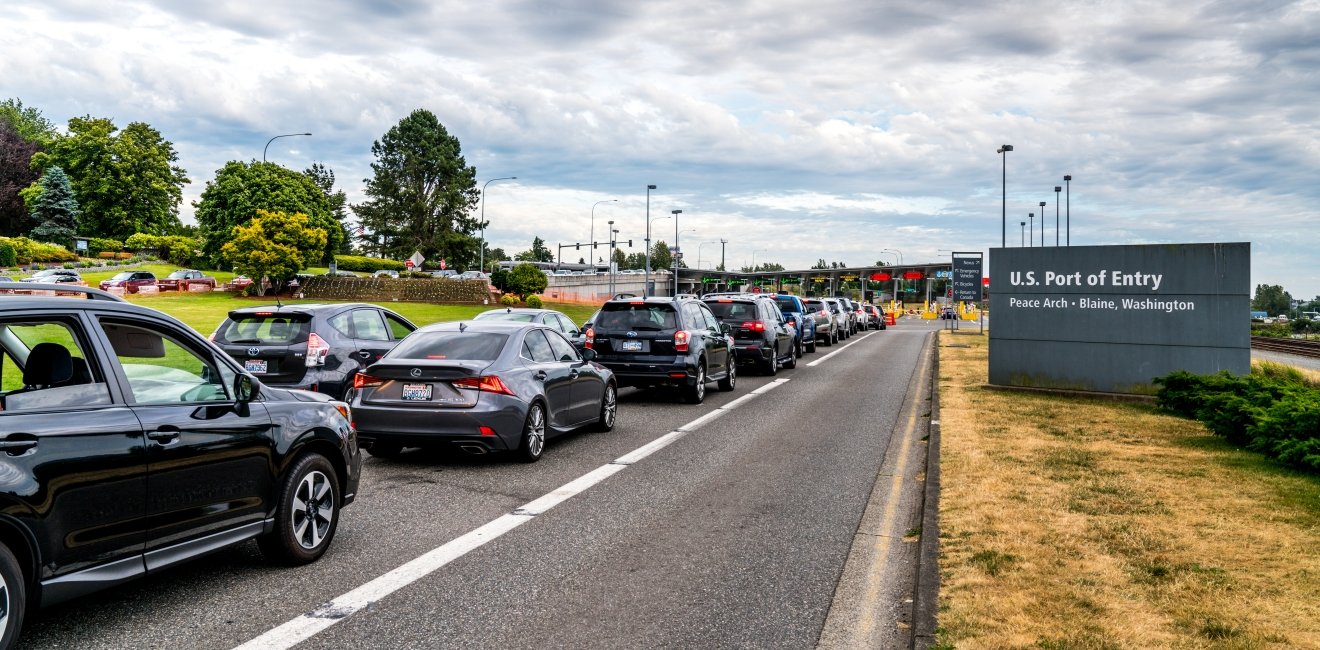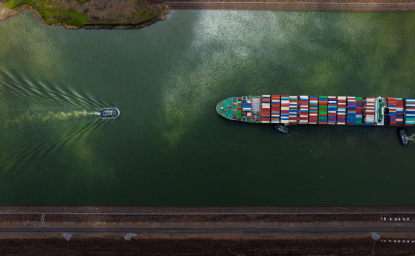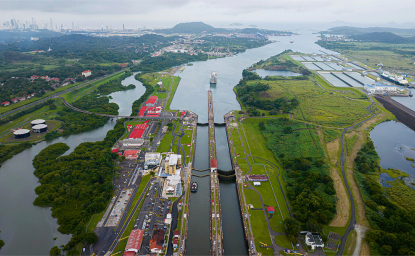This week actor William Shatner became the 11th Canadian to travel to space. Also this week, the United States announced that it would permit vaccinated Canadians to cross the land border starting November 8, 2021.
Ironically, Shatner probably knew more about what to expect crossing the Karman Line than Canadians know about crossing the US border line now.
Some of the unanswered questions about the United States’ policy change:
- What vaccinations will count? The Centers for Disease Control and Prevention will make this determination at a future date. No word on whether AstraZeneca’s vaccine, which many Canadians received but had not been approved for use in the United States, will qualify. Also unknown: will combinations of two or more different vaccines qualify?
- How can Canadians convey their test results and vaccination status to U.S. border officials? Hard copies may be required unless the United States has a smartphone app like ArriveCAN in the works.
- What is the potential for this conditional relaxation of land border restrictions to be reversed? It is still not clear what indicators are being used by U.S. officials to justify this change, and so it is impossible to know what might trigger future changes. Businesses, families, and individuals need to know more to make plans.
- The new U.S. land border policy applies to both the northern and southern borders, which is what U.S. officials had said from the beginning. Will a problem at the U.S.-Mexican border trigger the re-imposition of restrictions on Canadians, too?
- The playbook for the governments in this pandemic was the North American Plan for Animal and Plant Influenza, first developed after the 2003 SARS outbreak in Canada, and revised after the H1N1 pandemic response. Use of the border to slow the spread of a pandemic is central to this plan. Will the governments undertake another revision to this plan based on the COVID-19 experience?
One year ago this month, the Wilson Center formed a Task Force on Public Health and the U.S.-Canadian Border. Former Quebec Premier Jean Charest, former Vermont Governor James Douglas, former Washington Governor Christine Gregoire, and former Minister of Public Safety and Emergency Preparedness Canada Anne McLellan have spent the past year consulting experts, government officials, legislators, business leaders, and citizens. Hundreds of written submissions to the Task Force documented economic and emotional losses for citizens of both countries while they were unable to cross the border.
On October 29, the Task Force will issue its report on how and why the border was restricted. The report includes the judgment of the Task Force members on what has worked, and what could be done to lessen the negative impacts of the restrictions while protecting public health.
Blue Origin, the U.S. company that took Shatner and three others into space, carefully planned the launch and the landing. The United States and Canada launched border restrictions in March 2020 without a plan for ending them – at least not one they have shared with the public.
It does not take a rocket scientist to figure out that there will be future pandemics, and policymakers will again use the border to safeguard public health. The hardship and heartbreak that the pandemic restrictions placed on business, communities, and families over the past eighteen months was enormous, and some of the losses are irrecoverable. Next time we must resolve to do better, and that requires that we study and learn from this experience now.






